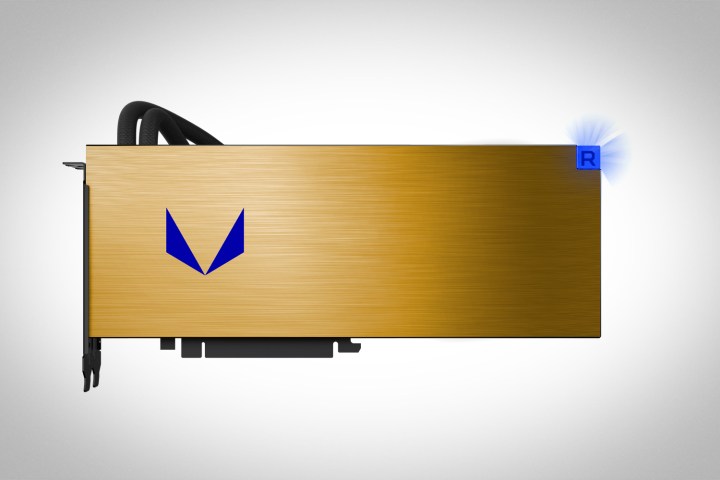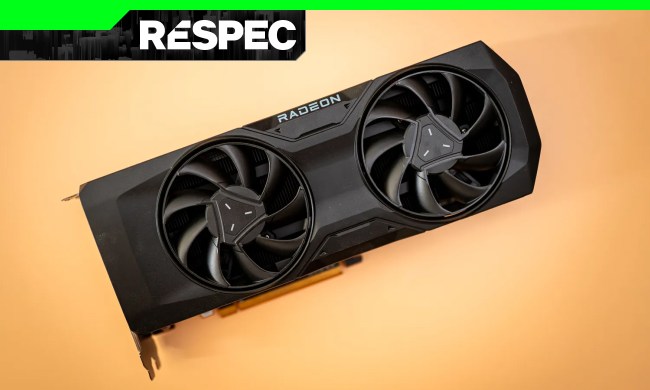
With AMD’s Ryzen CPUs performing so well when they were released earlier in 2017, the hype for AMD’s next generation of Vega graphics cards grew in earnest. While it’s been a long time since AMD could legitimately contest Nvidia with high-end performance, Vega looks set to do so and if AMD can even go beyond its Frontier Edition, it could quite handily steal the performance crown.
The Frontier Edition of the first Vega card — aimed at professionals and enterprises — is expected to launch in June, with as much as 13 teraflops of raw power. That’s a full TFlop more than Nvidia’s ungodly expensive Titan Xp, and the gaming editions of the Vega card are said to be even more impressive.
That’s thanks to new features like the second generation of high-bandwidth memory (HBM2), a new memory cache controller, a new geometry pipeline, and more.
AMD’s Radeon VP, Raja Koduri said during his Reddit AMA (via Ars Technica), that production issues associated with HBM were solved with HBM2 and that what AMD had achieved, was to take high-end graphics card features and packed them into consumer hardware.
Koduri also suggested there may be a 16GB variant of an RX Vega card, which would back up the Compubench specifications for an unnamed AMD card with 16GB of memory we saw earlier this week.
Other Vega information includes the fact that gaming cards will feature 8+6pin power connectors, not the dual eight-pin connector of the Frontier Edition. He also confirmed that a water-cooled version will be available at some point, with a “slight difference in clock speed.” That may suggest that Vega overclocking isn’t particularly dependent on cooling, but that remains to be seen.
We also learned that the Frontier Edition card will be capable of playing games, though it won’t be designed with that in mind and would not be a cost-effective way of getting that kind of performance.
More news on the Vega range of AMD graphics cards will come out during Computex between May 30 and June 3, where AMD will unveil the consumer-focused Vega cards for the first time.




